October 16, 2024
Bosses are too cocky when it comes to modern risks to their businesses
 CEOs face sleepwalking into reputational disaster through a concerning over-confidence which masks inadequate crisis planning to mitigate modern day risks, according to a new report [registration] from PHA Group. The survey questioned 150 CEOs across the UK’s £240bn professional services sector on confidence and planning in navigating business critical issues. Examining issues from workforce management and whistleblowing to climate change and regulation, CEOs from law firms, insurance, finance and accounting, consultancy and recruitment conveyed confidence but also revealed a lack of investment and planning. More →
CEOs face sleepwalking into reputational disaster through a concerning over-confidence which masks inadequate crisis planning to mitigate modern day risks, according to a new report [registration] from PHA Group. The survey questioned 150 CEOs across the UK’s £240bn professional services sector on confidence and planning in navigating business critical issues. Examining issues from workforce management and whistleblowing to climate change and regulation, CEOs from law firms, insurance, finance and accounting, consultancy and recruitment conveyed confidence but also revealed a lack of investment and planning. More →












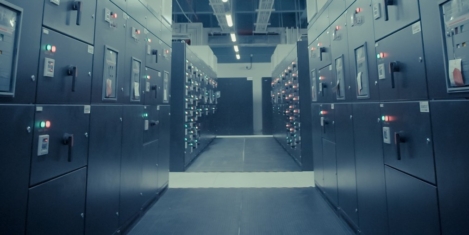
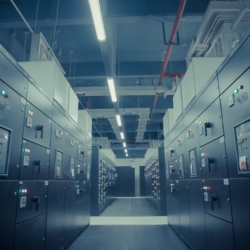

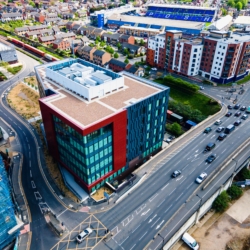





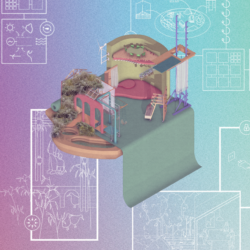



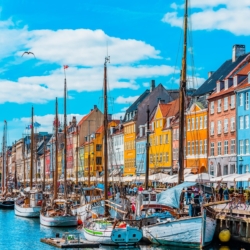









July 17, 2024
Want a creative workplace? Make life difficult and chaotic for yourself
by Mark Eltringham • Comment, Workplace